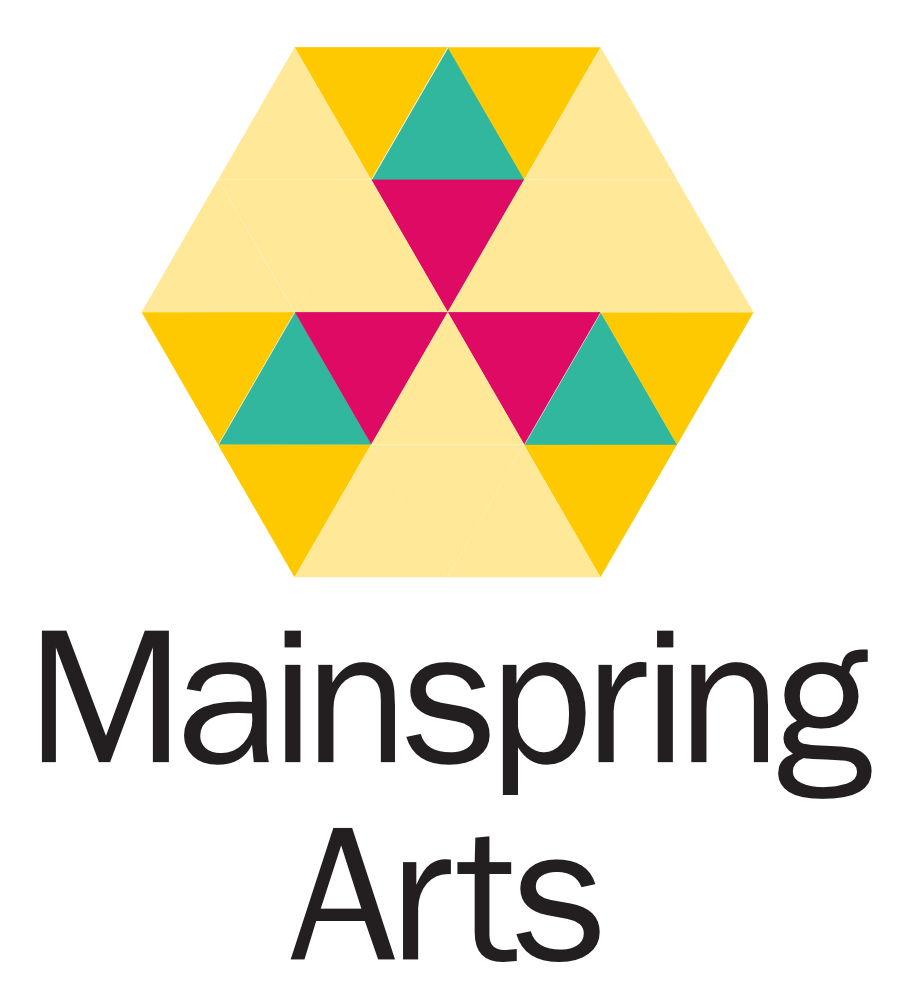#ReadForEmapthy
This time, I wanted to return to a theme I have previously touched upon, inspired by world empathy day.
When my son was a toddler I read to him a lot. It was a soothing activity and one of the our most popular reads was Shirley Hughes. We had several individual stories and over time, thanks to generous gifts and charity shop finds, some pristine anthologies and dogeared collections of her beautiful, soul-warming illustrations joined our shelves.
When I was a few months pregnant with my daughter, I learnt that Shirley Hughes would be visiting a local bookshop (now closed, sadly, after many happy years). I was insistent, I simply had to go. So it was, I cycled into town and locked my bike, fingers fluttering in anticipation. I stood in line, excited, nervous, clutching several books I had chosen, closely watching her face fluctuate between steady concentrated repose and the animation of enthusiasm when she replied, eyes twinkling underneath the floppy brim of her purple hat. I watched mothers, like me, older than me, fondly recall childhood story times, their gaze skipping from Shirley to their own children, bestowing eager nods and smiles intended to impress upon them the significance of this small, white haired lady.
I babbled, I was over-emotional, I was awe-struck. I do remember Hughes’ mild and delicate surprise at me reading her stories to my two-year-old son (was he too young? I wasn’t sure, he seemed to be listening - or maybe I had mistaken sitting still for concentration). I remember spelling out my nieces’ names and wishing I had a name for the unknown little life in my belly so that I could have that written too, observing how her handwriting unfurled from under the bold, black marker, gliding across the crisp, unblemished white of each new page.
Hughes gave each person time and for that I will forever be grateful. I cannot now remember my exact question but I do remember, I shall never forget, the way she explained her first adventures in drawing. A child in wartime, Hughes and her family had had little in the way of possessions, but scraps of paper and pencils and hours of unstructured time had proven the spark for her imagination and being bored had catalysed her creativity. Research demonstrates the hours required to master a skill (I shall reserve comment on the current fascination and focus with mastery within an educational context but suffice to say it has little to do with nurturing true mastery) and there is nothing like your own imagination, limited resources and unbridled time, on the perimeter of a parent’s attention, to allow a child to develop in his or her own time. Hughes was able to capitalise upon her hours spent drawing as a child, she pursued studies in art and has had a long, very successful career – born of boredom and the freedom it brings.
Hughes’ words sunk into me and concluded a story that had begun in my own childhood, a story that didn’t give away any clue to the ending, but allowed and encouraged me to find my own way. I too had spent hours as a child drawing, absorbed within the comfort of an untouched side of paper, my mind channelled along careful lead lines. My passion was costumes, clothing, from all periods of history. I had an eye for detail. Elizabethan England held an early appeal, with its lavish ruffs, dangling pearls, delicate embroidery and ornate embellishments. My knowledge grew, decade by decade, century upon century, with a library loan that documented both female and male fashion history. I copied and copied, day after day (no tracing!), my eyes could feel the curves of the clothing and my fingers found them, telling each detail in heavy grey lead.
In my later teens, my passion for art was sidelined, overwhelmed by the presence of literature and all it could offer in terms of understanding the world. For years, I sought truth in literature, I burrowed beneath layers of words in order to find meaning, receiving encouragement, praise and qualifications in the process. Over time, I have realised that the vast edifice of literature is a creation in and of itself and whilst literature, linguistics and psychology intertwine, there is simply no solution to the in-the-moment instinct required to ‘read’ a person. The fact is, I understand slowly and deeply, and I accept within myself the gaps I encounter, borne of limitations not only in instinct itself but in the lack of confidence in my own instinct. Imagine, if you can, reading something that appears one way and becomes something other than, something different. Trust lies at the heart of all communication, be it written or verbal: no matter how old you are, if your neurology differs, diverges from the normal – albeit broad and well-beaten – track of typical development, it is likely your anxiety lies in a deep-seated difficulty with trust, with reliability and predictability.
Thus it was, in the most difficult days of parenting I returned to reading, a lost pilgrim, seeking comfort in children’s stories, keeping a sharp eye out for Kate Greenaway and CILIP award winners and any illustration that caught my attention. I also began reading non-fiction avidly, with a hunger to learn and understand many, many nameless feelings, actions and memories. There were so many wonderful finds and overdue fines...in Hughes, I found a feeling to aspire to, an ordinary-looking mother whose home was messy, a son who slammed the door, a daughter who sped half naked on her potty, games which involved cardboard boxes and leaves and stones, rainy day trips out, stopping to look at market stalls, buying a pair of wellingtons then going for a walk in them...there was football club, then running, then ballet, then playdate, then party, then barbecue...I felt that I at least had a fictional home, a place where my days were valid, my small activities meaningful.
I reflect upon those early days with immense poignancy now. They are lost to me forever and how I want them back. I miss the simplicity of being a mother with young children: when my son was young, he had the freedom to sink into long stretches of play, his time was his, not encroached upon by the sharp, unforgiving pinch of schooling, socialising, the cultural clash between children who are growing older, faster than ever before, and his own different developmental trajectory, one which is nurtured by simpler places and simpler times.
Library or bookshop
I am at the point where the purchase of a brand new book is a luxury. I buy second-hand and as a small family we make constant use of our local library. Whenever my son or daughter turns and asks, ‘Can I get another?’, as long as there is space on their card I say yes. A library card has the might to enrich, inspire and empower. The process of visiting the library is also a valuable social learning experience for both children as well as usually a little precious, hands-off time for me. We had our library cards days after we moved house; our internet connection came months later (of course, I was able to access the internet at the library...and that delay is in part indicative of the interconnectedness of motivation and organisation – I was more motivated to fulfil a smaller, easy task at no cost than I was a larger, more complex and expensive task!).
ADHD: Attention and concentration
As I continue along my journey, navigating neurology, I see how hard it is to remain focused under pressure – and I feel how hard it is myself. As I build up ways of internally directing my thoughts, I find I am able to gradually draw upon others to help me too. True friendship acknowledges struggle: at times, some gentle redirection towards less inflammatory thoughts, the opportunity to look at something of beauty – be it a long stroll along the river or an illustration – either of these things can be the salve that helps balance. The loving push, to borrow Temple Grandin’s phrase, is when those redirections are firmly made – imposed, one might say. It takes considerable trust, to accept firm yet positive redirection – to feel like someone has stepped into the furious traffic of your thoughts and stopped them. Developing a relationship – be it between parent and child, friends or partners – requires trust and that it is not necessarily a given, because for many complex reasons which in time science may uncover, yet which currently remain communicational alchemy, there are many who learn differently and the sad truth is, the one thing that is learnt rapidly and painfully is that it is hard to trust in yourself when you are frequently met with responses that correct, chide, berate or seek to shame.
Therefore, I question, how can we raise our neurodivergent children, encourage our diagnosed young people and support those diagnosed in adulthood to journey to the heart of their own true, authentic selves? Hughes’ words suggest a simple truth to me: that it is in fact perhaps the imposition of boredom, a limitation of material possessions, the absence of constant social structure, which is the real point at which we might begin to find our lost selves. An individual who actively sidesteps cultural convention does not lack empathy - (s)he sees life through a kaleidoscope that offers many different colourful permutations and her ability to identify the standard arrangement is simply not as sharply attuned as a neurotypical mind, which tends to converge to the norm with more ease. So let’s actively encourage all forms of creative freedom in order that we can see, hear, converse in and value one another’s colourful perspectives on life.
Zoe Vail Smith hails from London. She blogs on all things autistic and artistic for Mainspring Arts.





